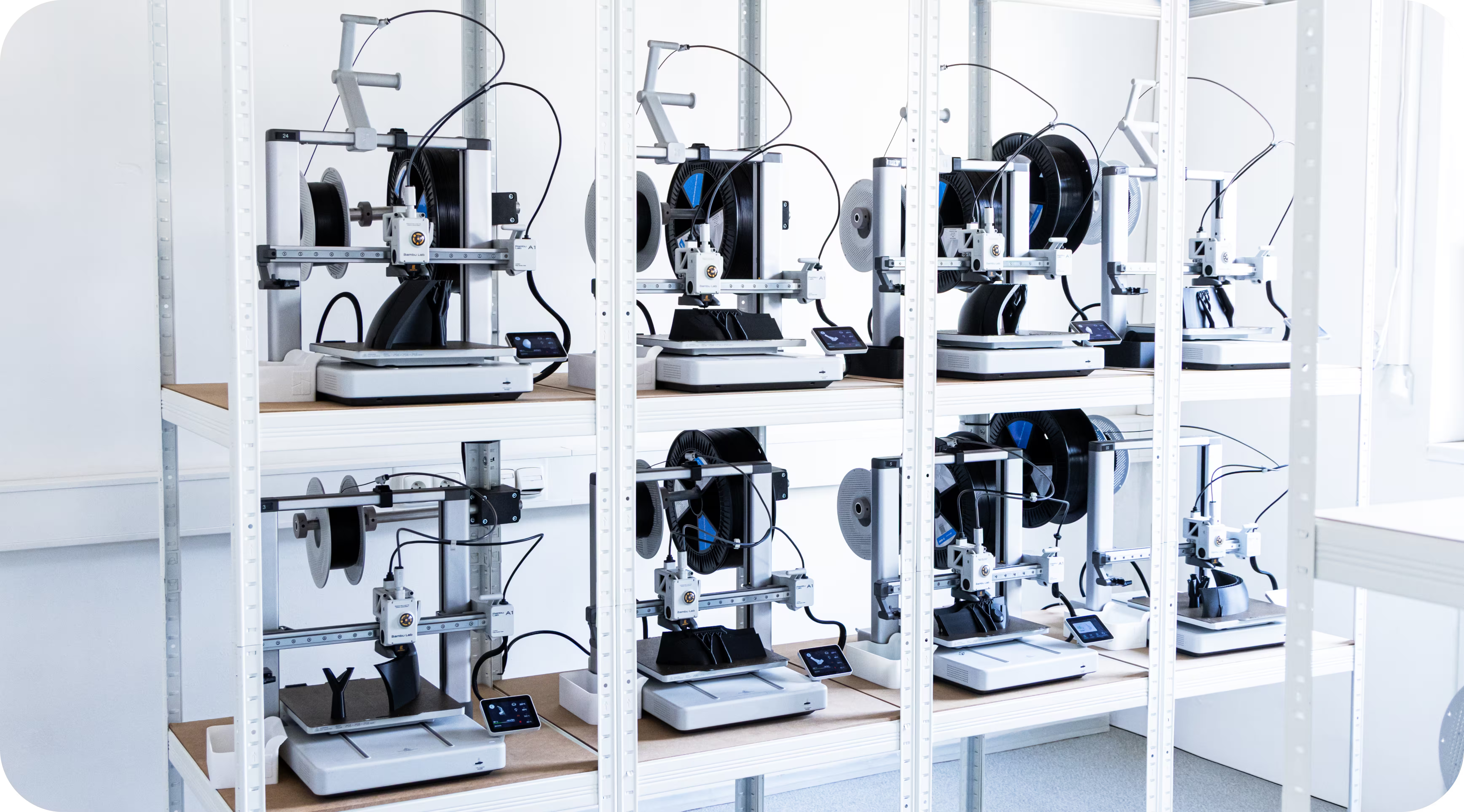
Blog
07
August
2025
Digital Alchemy: Transmuting Recipes into Reality with Yocto Project
When you think of Linux, you probably imagine a black terminal, the iconic Tux penguin, and that unique feeling of total control. But what if I told you it’s possible to take all that power, compress it into an ultra-optimized, tailor-made system, and deploy it on virtually any electronic device?
From your home Wi-Fi router to critical industrial systems controlling entire production lines, there's a universe of embedded devices running Linux silently but essentially. Behind that technological magic is a powerful tool: the Yocto Project.
What Makes the Yocto Project Special?
Yocto isn’t just another Linux distribution; it's a complete ecosystem of tools that lets you build customized Linux distributions from scratch. Imagine a Linux system made specifically for your project’s needs: no unnecessary libraries, no irrelevant drivers, just the essentials for your hardware to operate optimally.
This minimalist approach isn’t just elegant, it’s fundamental. In a world where IoT devices must consume very little power, industrial systems require absolute reliability, and every kilobyte of memory counts, having granular control over the operating system makes all the difference.
The Architecture Behind the Magic
At the heart of Yocto is BitBake, a build system that functions like a highly organized chef. It reads "recipes" that describe how to compile each system component, manage dependencies automatically, and coordinate the entire final image construction process.
These recipes are not just configuration files; they’re true blueprints defining everything from the Linux kernel version to the specific libraries your device needs. The result? An operating system that occupies exactly the required space, uses only essential resources, and boots up in seconds.
Technical Advantages That Make a Difference
Optimized Boot: While a desktop Linux may take 30–60 seconds to boot, a well-configured Yocto system can be operational in under 3 seconds. This is crucial for devices that must respond instantly.
Security by Design: With Yocto, you include only the necessary services, eliminating potential attack vectors. There are no unnecessary background services and no open ports without a reason.
Atomic Updates: The project supports A/B RAUC update systems, where a new version is installed in a separate partition. If something goes wrong, the system automatically reverts to the previous version, with zero downtime.
Smart Cross-compilation: You can develop on a powerful x86 machine and generate images for ARM, MIPS, RISC-V, or any supported architecture. BitBake handles all the cross-compilation complexity.
The OpenEmbedded Ecosystem
Yocto doesn’t work alone. It’s part of the OpenEmbedded ecosystem, a community that maintains thousands of recipes for practically any software you can imagine, from minimalist web servers to complete industrial communication stacks.
Need Bluetooth support? There’s a recipe. Want to integrate an optimized SQLite database? There's a recipe. Need an ultra-light SSH server? We also cover that. It’s like having a massive repository of tested and optimized components for embedded systems.
Challenges and Learning Curve
Let’s not romanticize it: working with Yocto has its challenges. The initial learning curve can be steep, especially if you come from ready-to-use distributions like Ubuntu. Initial builds can take hours, and debugging problems requires deep system knowledge.
But here’s the point: once you master the core concepts, Yocto becomes a potent tool. It’s the difference between using a universal screwdriver and having a complete toolbox for every specific situation.
The Future of Embedded Systems
With the exponential growth of IoT, edge computing, and Industry 4.0, the demand for customized embedded systems is only increasing. The Yocto Project is at the forefront of this revolution, offering the tools to create the next generation of smart devices.
Enzo Frese
Firmware Engineer
HARDWARIO



